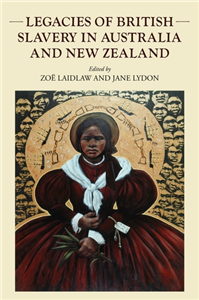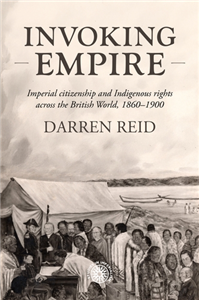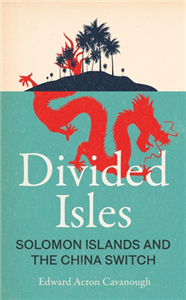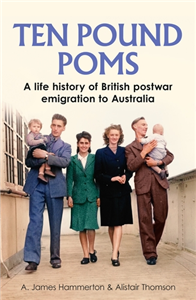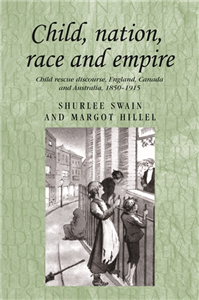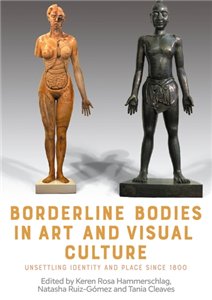Hachette Australia Pty Ltd
We are a team of expert publishers and passionate readers dedicated to discovering and supporting talented writers and working with them to craft exceptional stories. We select the very best, whatever the genre – from high-quality commercial fiction to literary award-winners, children’s picture books and adventure stories to memoirs and history, lifestyle and sport. And then we pour 100 years of publishing excellence into every page, bringing them to readers in the formats that they love. We are home to such critically acclaimed authors and bestselling novelists as Michael Mohammed Ahmad, Geraldine Brooks, Trudi Canavan, Maxine Beneba Clarke, Lian Hearn, Natasha Lester, Adrian McKinty, Favel Parrett, J P Pomare, Michael Robotham, Sarah Schmidt and Inga Simpson; non-fiction heavyweight popular historian Peter FitzSimons, Walkley award-winner and investigative journalist Louise Milligan, world-renowned comedian Fiona O’Loughlin and bestselling author, journalist and commentator Nikki Gemmell; and, on our children’s list, internationally renowned picture book creator and Astrid Lindgren award winner Shaun Tan, Jessica Townsend, Sami Bayly and Zana Fraillon – to name just a few. We are also proud to be the Australian and New Zealand publishing home for highly successful international authors Mitch Albom, His Holiness the Dalai Lama, The Minimalists, Gordon Livingston, and Eckhart Tolle. Everyone at Hachette Australia is passionate about building our list and discovering and growing talented authors.
View Rights Portal




